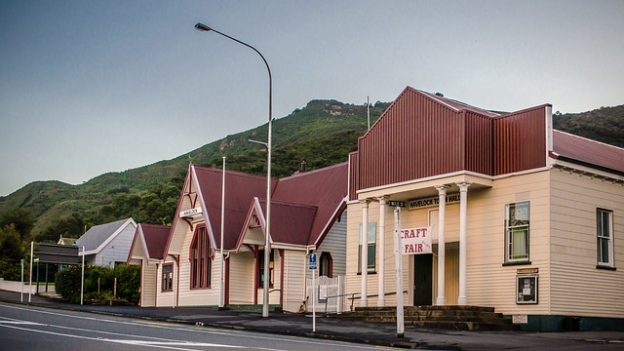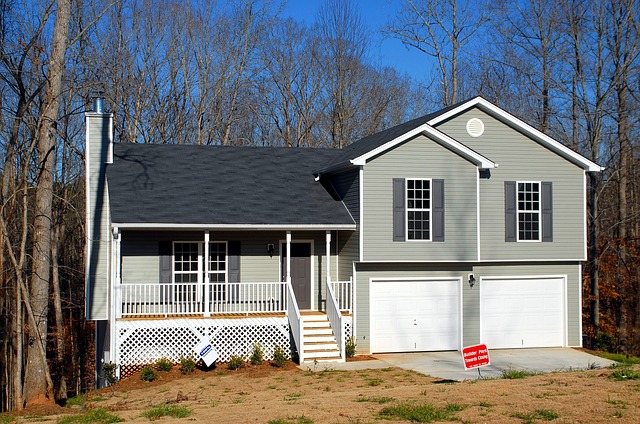If you’re interested in adding real estate to your portfolio (or adding more properties), it’s helpful to understand the different areas where you can invest.
Residential
Residential properties include single family homes (SFHs), condos, duplexes, triplexes, and quadruplexes. In general, residential real estate has the advantages of high appreciation and attractive financing options. Depending on your market, breaking into residential real estate is feasible, even with little capital. There are also more lenient zoning laws compared to commercial or industrial real estate. Some drawbacks include repair costs and higher turnover rates.

Commercial
Commercial real estate includes office buildings, retail (stores and shopping malls), hotels, and special purpose buildings like bowling alleys or amusement parks. Leases are longer, typically at least three years, and commercial real estate investing usually offers high returns, often between 6-12%. However, getting started with commercial properties usually requires more capital upfront. Also, vacancies may be harder to fill. During an economic downturn, residential properties are usually still in demand since people always need a place to live. The same cannot be said of commercial real estate if companies go out of business.
Industrial
Industrial real estate includes warehouses, factories, distribution centers, storage units, or special purpose real estate like car washes. Advantages include longer lease terms, higher yields, lower operating costs, and less risk (since fluctuations in the market have less impact on industrial real estate). One issue to keep in mind is the environmental impact your property may have, and the accompanying regulations and issues that may arise.
Raw Land
Just like the name sounds, this investment involves purchasing undeveloped land, usually for the purpose of new construction. A lack of existing structures gives investors plenty of flexibility to design the property of their dreams. The initial cost for undeveloped land is obviously cheaper, but there are high preparation costs for development, not to mention the permits and approvals required from the county or city before starting a project.
